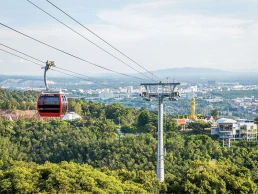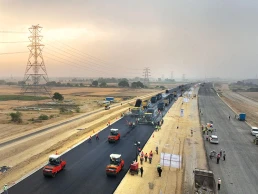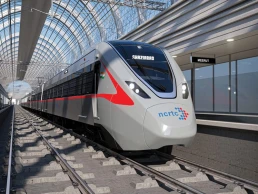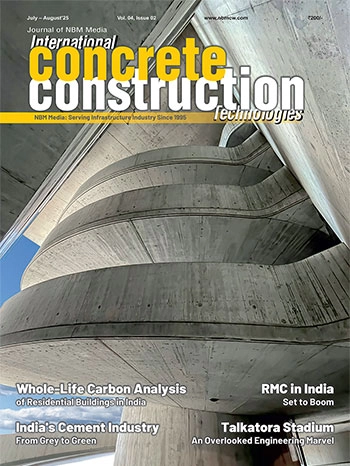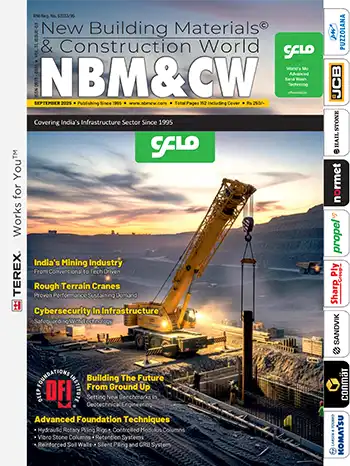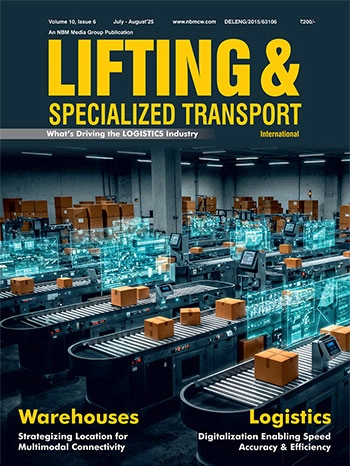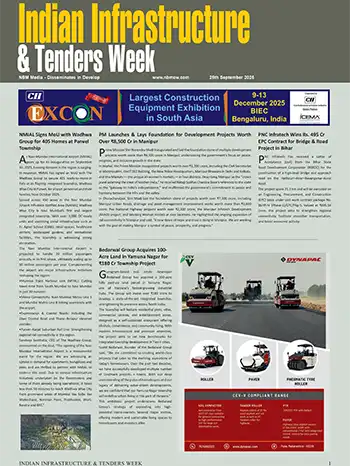MatchLog and PIL Partner to Optimise Container Logistics in Singapore

MatchLog, the world’s largest container-reuse platform, has partnered with Pacific International Lines (PIL), one of Asia’s leading shipping companies, to enhance container equipment optimisation in Singapore. The move builds on their successful collaboration in India and brings digital innovation to one of the world’s busiest maritime hubs.
The partnership aims to tackle inefficiencies in container logistics, such as empty repositioning and under-utilised reuse cycles. By embedding MatchLog’s platform into PIL’s Singapore operations, container turnaround times will shrink, asset utilisation will rise, and redundant carbon-emitting moves will be reduced.
At the core is MatchLog’s STinder, a container matchmaking engine that connects import and export legs to enable reliable reuse across ports, Street Turn Yards (MiSTY), and inland nodes. With rule-based allocation, API-driven workflows, and real-time visibility through its Transport Management System, the platform transforms underutilised moves into productive cycles.
Manish Singh, Co-Founder & Region Head, South East Asia, MatchLog, said: “Singapore is the operating heartbeat of global shipping. Integrating MatchLog with PIL’s network here makes container reuse a repeatable, at-scale practice that cuts empty repositioning, improves schedule reliability and lowers the overall logistics cost, while advancing decarbonisation targets.”
He added, “Our goal is to help the industry get more from the boxes it already owns. By aligning data, rules and partners on a single platform with PIL in Singapore, we can raise equipment availability for customers, improve fleet productivity for transport partners and deliver measurable sustainability outcomes that compound over time.”
This partnership marks a decisive step in modernising container logistics in a region that shapes the flow of goods worldwide. By embedding digital optimisation in Singapore, MatchLog and PIL are paving the way for smarter, greener and more cost-efficient supply chains that will influence trade across Asia and set a benchmark for global adoption.


































